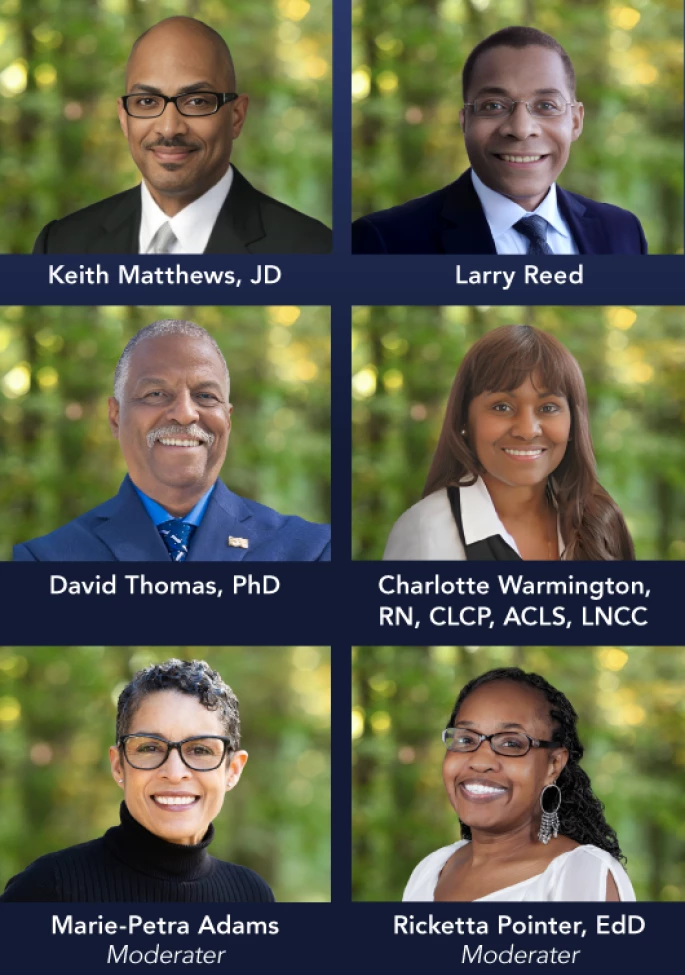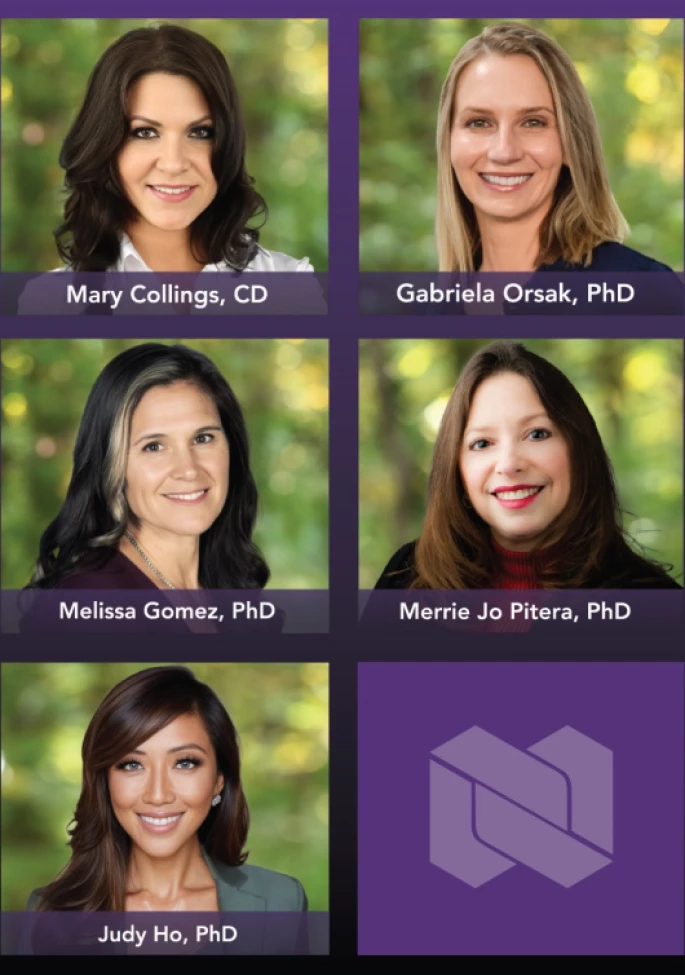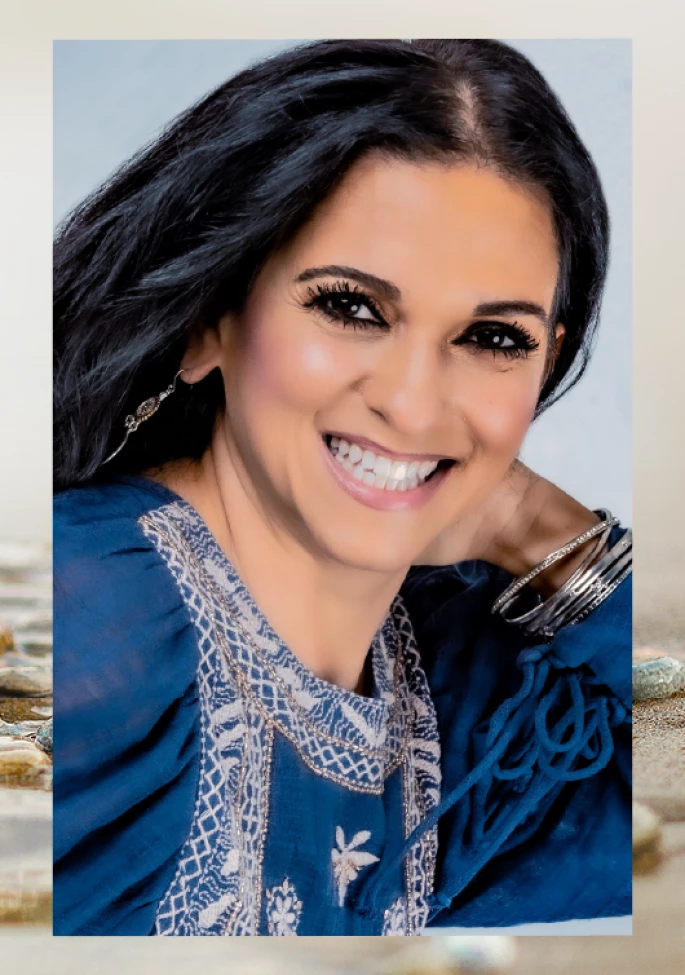In recognition of Pride Month, the IMS DEIB Committee hosted a discussion of The Freedom to Marry, a documentary chronicling the extensive journey of Evan Wolfson, Mary Bonauto, and countless others in the fight to legalize same-sex marriage nationwide. As Mr. Wolfson stated in the film, it was a case about the dignity of millions of Americans. It was about removing the “second-class” label from the LGBTQ community and allowing access to established civil rights.
The IMS team gathered to talk about the legal and social implications of the Freedom to Marry movement alongside Strategy & Jury Consulting Senior Advisor (Emeritus) Chris Ritter, who worked on similar litigation to overturn the ban on same-sex marriages in California. Our resulting conversation was insightful, emotional, and inspiring.
Reflecting on the Historic Ruling
This timely film discussion occurred two days after the 7th anniversary of the momentous Supreme Court ruling on gay marriage, and our team was asked to reflect on their personal reactions to hearing the news.
Tiffany Thompson, IMS Director of Marketing & Communications and a member of the LGBTQ community, remembers being filled with the expected positive emotions of triumph and validation. “Our love finally felt as legitimate as everyone else’s,” she shared. However, the court’s announcement also brought up some unexpected grief for the LGBTQ community who had been denied these rights for so long.
Chris Ritter recalled experiencing an overall sense of relief at the ruling—especially for the people he knew and those most closely impacted. The full reaction took time; Chris happened to witness a lesbian couple’s bachelorette party and was filled with emotion at seeing how free they were to celebrate their love.
IMS Researcher Matt Garner was happy for his friends and family members within the LGBTQ community, but he knew there was still a lack of officiants willing to perform same-sex ceremonies. Even though the law had passed, there was still discrimination, so Matt got ordained online! He remembers gay couples telling him they never thought they’d see the day when they could get married.
For some teammates, it was a different experience to see the case transpire in the documentary, even though the outcome was already known. Mara Butler, IMS Strategic HR Programs Manager, said, “I felt like I was watching this ruling come out live in real-time—the tears, the emotions, everything." Having grown up in a conservative southern town, Mara shared that she was not exposed to the films’ depicted campaigns to normalize same-sex marriage. Furthermore, she recalls the community around her having a negative reaction to the Supreme Court ruling.
Laying the Groundwork for Marriage Equality
Before the cases portrayed in The Freedom to Marry reached the Supreme Court, there was the California case of Perry v. Schwarzenegger. There, two lawyers—one conservative and one liberal—teamed up to work together on what ended up being a major case in the process of ending the ban on same-sex marriages. Though these lawyers (Theodore Olson of Gibson Dunn and David Boies of Boies Schiller) were opponents on other issues in the past, they were united on the view that gay marriage should be legal and fought together all the way through the United States Supreme Court.
Chris Ritter felt the same way about this matter and understood the impact of being denied access to such a fundamental right as marriage. His own parents faced discrimination as an interracial couple and had to cross state lines in order to be married in the early 1950’s; the pain from this inequality lasted decades. Like Evan Wolfson, Chris was inspired into action by injustice.
Chris worked with a large number of colleagues on a pro bono basis on Perry v. Schwarzenegger to help provide Mental Mining strategy sessions, trial graphics, witness preparation, and technical support. He shared insight about this case during our team discussion, revealing that testimony provided by expert witnesses (also working pro bono) was crucial to influencing public perception and invalidating the arguments behind banning same-sex marriage.
Similar to the documentary, Chris stated, “You're not only trying the case to the judge and the jury, but you're also trying it for the press." Our group discussed how final decisions are based in legality but can be heavily influenced by public opinion; judges want to feel confident there will be compliance with their ruling. Still, as Chris emphasized, “It is always important that the Supreme Court is not affected by public opinion. It is the substantive notion of due process that provides an umbrella for these rights to be protected under the constitution."
Ultimately, Perry v. Schwarzenegger laid the groundwork for trying similar matters and helped pave the way for legalizing same-sex marriage nationwide. Chris’s involvement with this case ranks as one of his proudest accomplishments as a lawyer and a professional who supports lawyers. He says, “It was the right thing. It was justice, and that is what we are working for."
Achieving Change Through Conversation
After learning more about the strategy involved in the legal fight for LGBTQ marriage rights, our group discussion shifted to the future. We talked openly about the need to move past personal beliefs and unite on the importance of basic human rights—just like the attorneys in Perry v. Schwarzenegger. They proved that people across political spectrums can join together and say, “This isn’t right; it’s time to change.” We also saw this reflected in the collaborative efforts of the Freedom to Marry movement. Their approach illustrated the value of working together to achieve progress and inspired us to do the same.
Our team also opened up about the struggle of having a productive conversation with someone whose belief system varies strongly from your own. A key conclusion was that we should try to discuss these types of issues within the framework of the other person’s beliefs to show there is another way of looking at it. It’s also crucial to humanize the issue at hand and relate it to real people. In The Freedom to Marry, we saw incredible examples of their “positive representation” campaign that normalized gay couples and showed they had the same reasons to get married as non-gay couples. This was an effective approach to changing public perception because it strongly emphasized common humanity.
In addition to techniques to facilitate conversations with others, our team talked about the need to examine our own beliefs, and the power of external influences in shaping those opinions. Team members shared how their views on marriage and racial equality were shaped by where they grew up, and how those views have evolved since relocating. This demonstrated another key takeaway: what we see around us affects what we think is “normal.” If a certain group of people is not represented within our circle, our mind can fill in the blanks based on labels and perceptions.
Ultimately, we concluded that it’s not enough to treat everyone the same; we have to understand intersectionality—the concept that each person has their own set of unique factors and experiences that lead to unique views and challenges. It’s important to open our minds to the idea that other people experience life in a different way than we do, but we all deserve the same rights as human beings and fellow citizens.
Keeping Up the Fight
With so many polarizing issues surrounding us right now, this film discussion offered a safe place to bring them to the table. And though our group conversation was centered on a historic accomplishment in the pursuit of equal rights, our collective feeling was that of uncertainty regarding the protection of those rights. As one participant put it, “It feels like our progress is in danger.” Marissa Harrington, IMS Trial Consulting Manager, noted it was challenging to watch the documentary in the context of current events, but she found hope in seeing everyone come together and support efforts to fight inequality.
Together we shared fears of what will happen to existing civil rights while also drawing inspiration from the persistence of those featured in The Freedom to Marry. Their battle to the Supreme Court took 32 years! Civil rights are fragile and may come under attack, but there will always be those pushing forward for equality and justice.
Drawing on his personal experience in the matter, Chris Ritter concluded, “There are days when it’s really hard, but I remain optimistic because I see lots of little victories all around. I ultimately do trust human beings to come to the right spot if they follow their true nature. Whatever your form of justice is, that’s what you should be striving for. If you keep doing that, you’ll be going in the right direction. There will be steps backward but we have the power to continue moving forward. Don’t give up the fight!”




